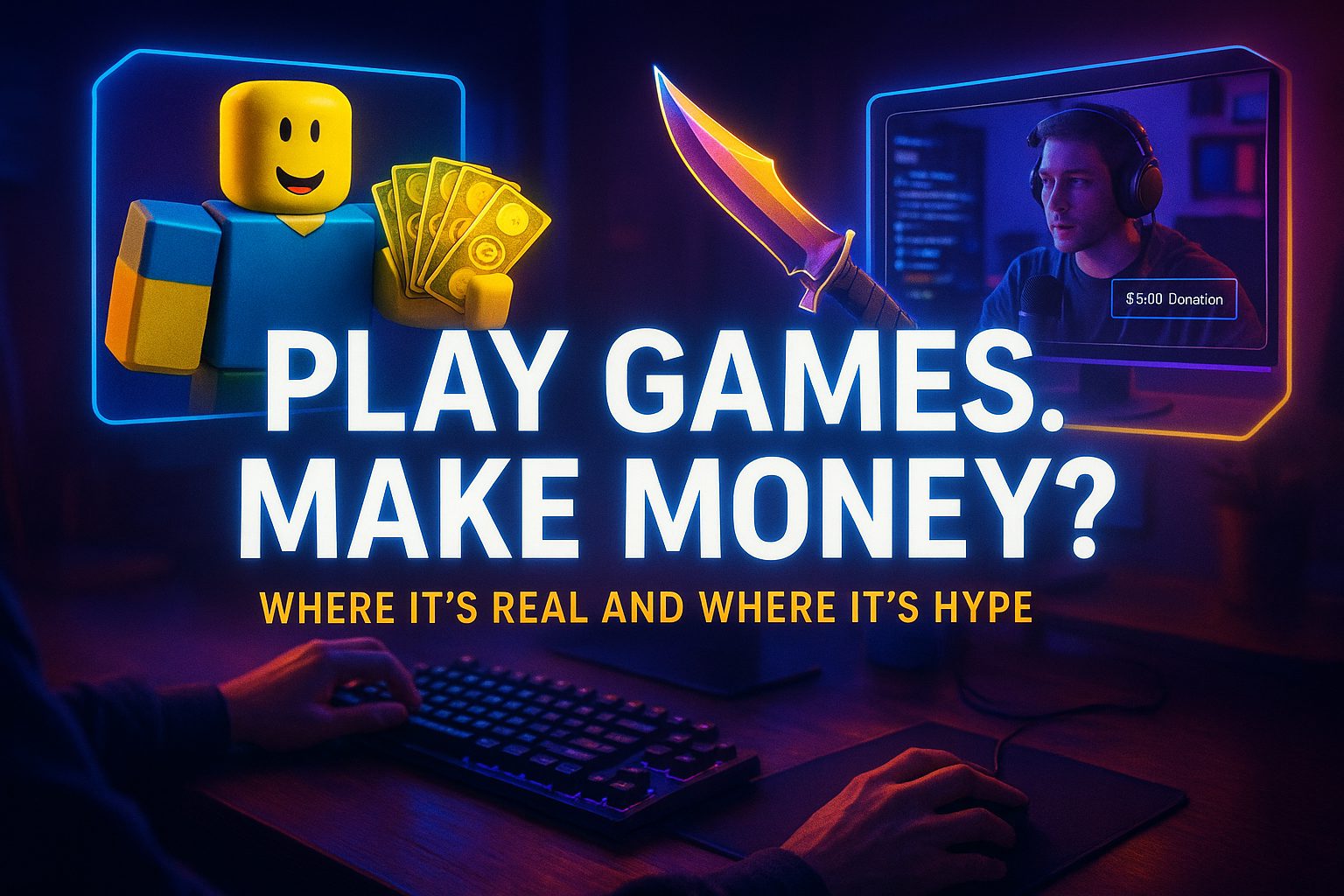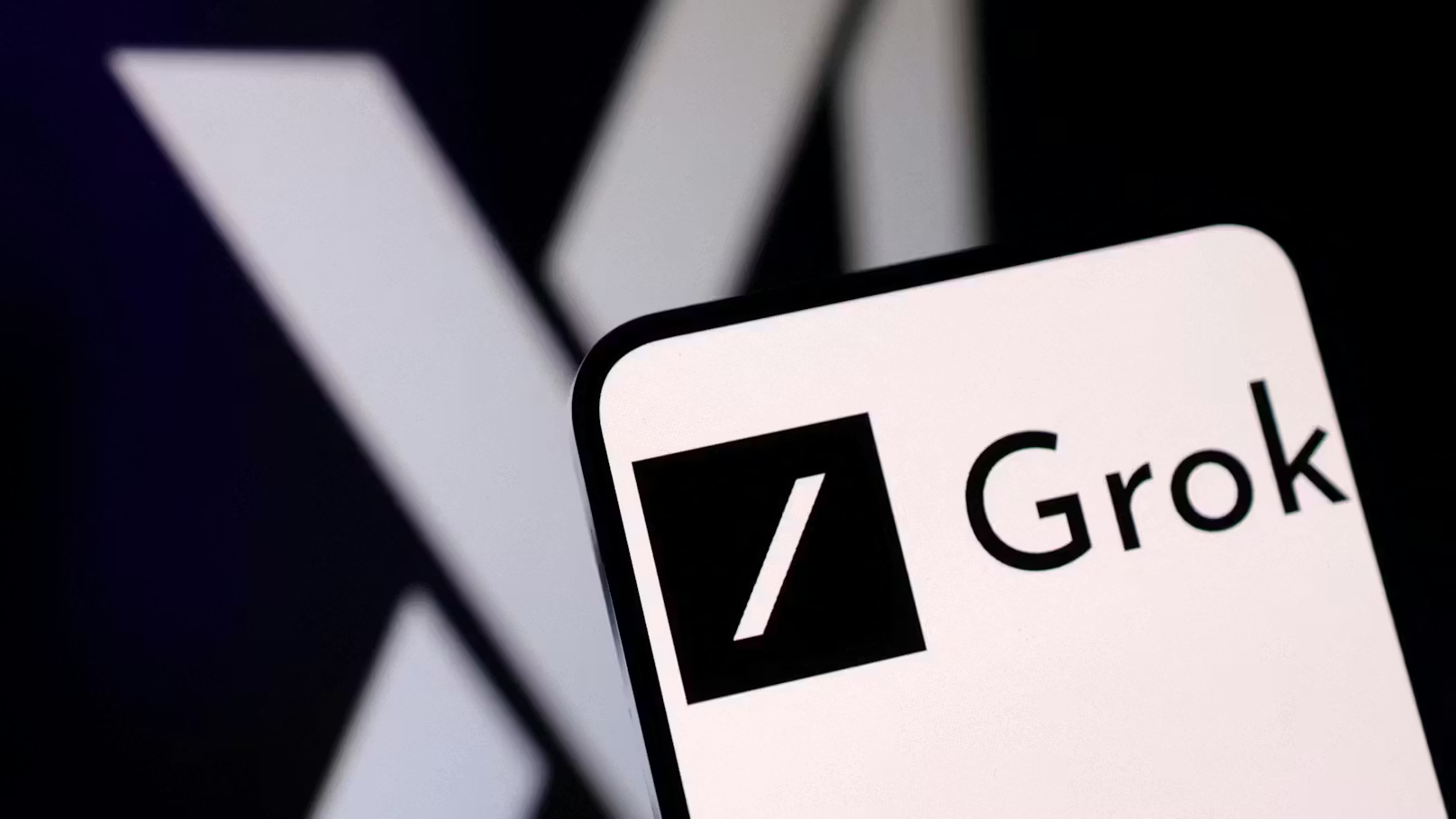Playing video games for cash isn’t a fantasy anymore. Real people are making real money—some pocket change, others full paychecks—through games designed to reward skill, creativity, or just grinding hours. Here’s where the action is.
Roblox – Build It, Sell It, Profit
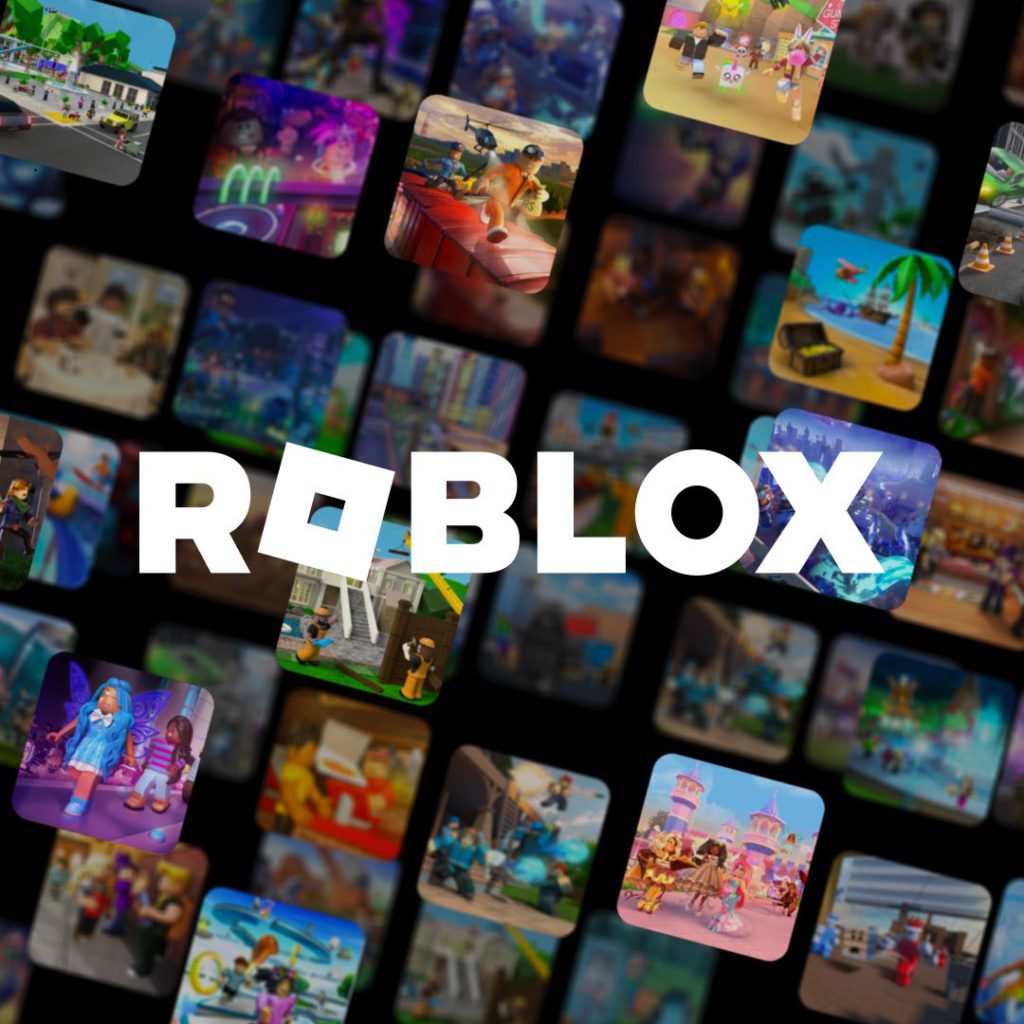
Roblox has successfully turned itself into something that’s more than a game. It’s also a platform where tens of millions of daily users play millions of user-created experiences. Developers make money through the Robux economy—selling game passes, cosmetics, and access to premium experiences, while players pay into this economy by buying Roblox Robux.
In 2022, developers and creators earned $623.9 million through Roblox’s Developer Exchange program. Top creators can pull six figures annually, but only about 12,000 developers actually converted their Robux to real cash that year. That’s out of over 5 million who earned any Robux at all.
Reality check: Most creators earn nothing. You need to meet minimum thresholds to qualify for DevEx, learn Roblox Studio, and actually ship something people want to play. Success is heavily skewed toward a tiny fraction of builders.
Axie Infinity – The Crypto Gaming Cautionary Tale
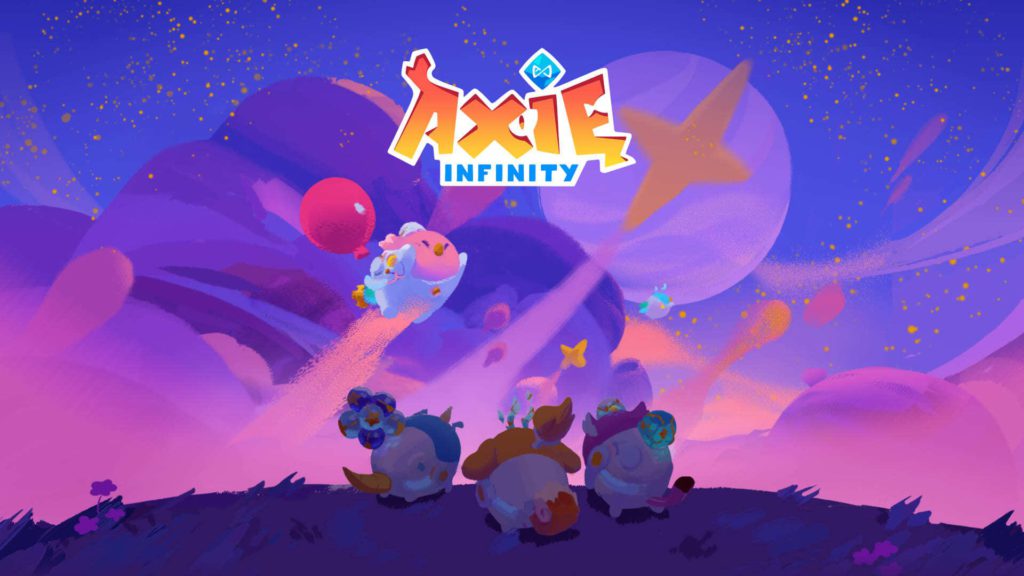
Axie Infinity made headlines when some players in the Philippines participated in “scholarship” programs to breed and battle cartoon creatures. You earned Smooth Love Potion (SLP) tokens through gameplay, then sold them on crypto exchanges.
Then the model imploded. SLP crashed from $0.40 in July 2021 to $0.0034 by June 2022. The Ronin bridge hack in March 2022 lost $620 million and shattered trust in the ecosystem.
Worth it if: You understand that crypto gaming “income” disappeared for most players when token values collapsed. Earnings now are a fraction of the hype-era numbers.
Counter-Strike 2 – Skins Are Serious Business
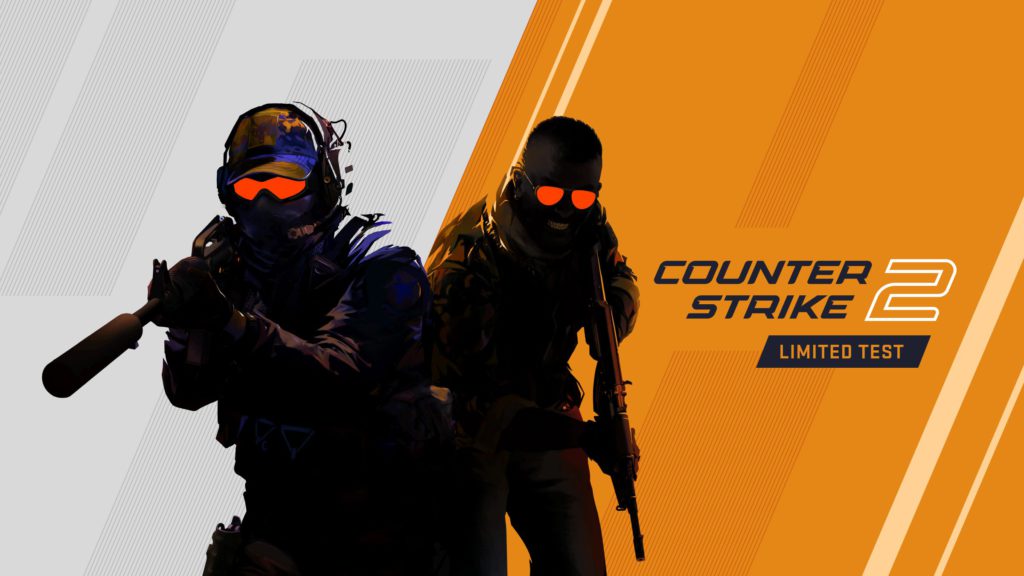
CS2‘s weapon skins market sits above $5.8 billion. Rare skins sell for thousands—the Reason Gaming Holo sticker from Katowice 2014 went for $140,346. Players earn skins through random drops, opening cases, or trading up.
The money isn’t in playing. It’s in market timing, pattern knowledge, and sometimes gambling on case openings (which is exactly what it sounds like).
Best for: Market-savvy players who treat it like day trading, not a salary.
Second Life – Virtual Real Estate Tycoon

Second Life is ancient by gaming standards but still supports a virtual economy. Players buy, develop, and rent virtual land. Others sell custom 3D items—clothes, furniture, vehicles—for Linden Dollars, which convert to USD.
Ailin Graef famously became a real-world millionaire through Second Life virtual real estate deals. But she’s the exception that proves the rule.
The grind: Learning 3D modeling or scripting. The number of people making large sums is tiny. Casual players won’t make much.
Twitch Streaming – Play Anything, Get Paid
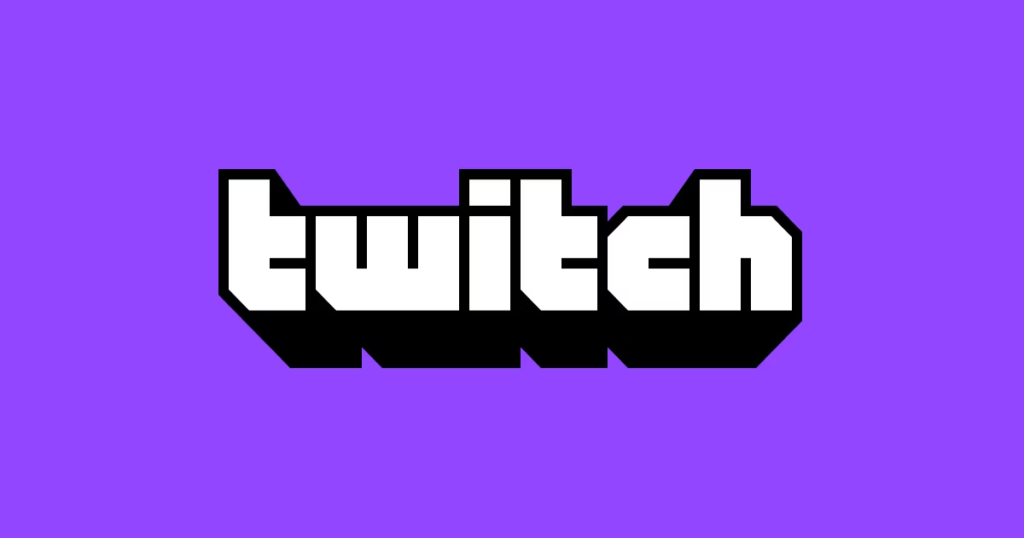
Not a game itself, but streaming games on Twitch turns gameplay into income through subscriptions, ads, and donations. Top streamers make millions. Small streamers with 5-100 viewers might earn $50-$1,500 monthly. Most earn closer to the bottom of that range.
You need personality, consistency, and luck. Viewer counts don’t explode overnight.
Reality: The vast majority of streamers earn modest amounts at best. But if you’re playing games anyway, why not stream?
Fortnite – Compete in Tournaments
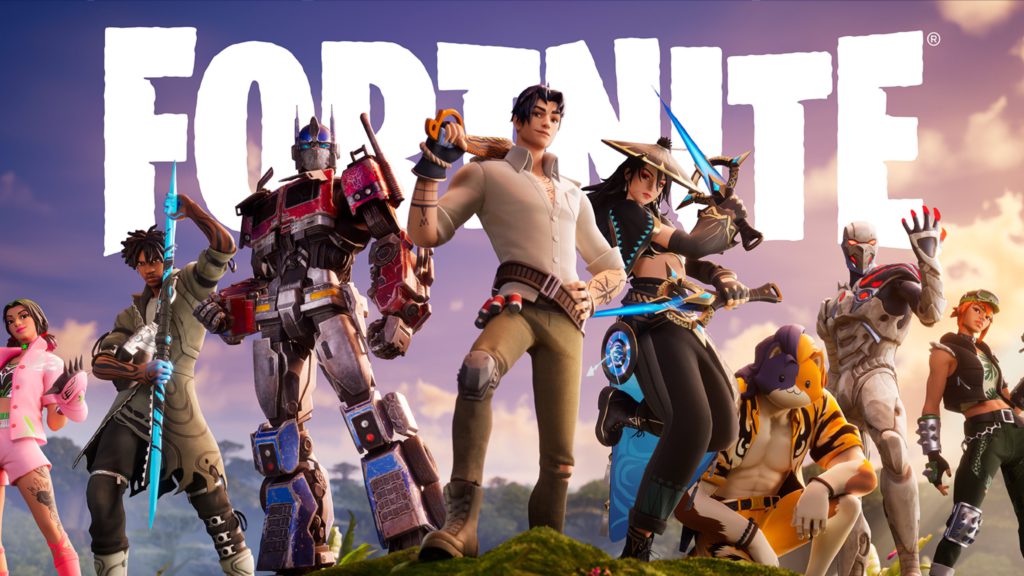
Epic Games threw $30 million at the 2019 Fortnite World Cup. Smaller tournaments still offer five-figure prizes, though “regularly” is optimistic—you need to hunt for them.
Realistically, earning meaningful money requires very high skill and time investment. You’re competing against players who practice 8+ hours daily.
Skill floor: Extremely high for tournaments that actually pay.
World of Warcraft – Gold Farming the Legal Way

WoW tokens let players convert in-game gold to Blizzard Balance or game time—not direct USD cashout. Hardcore farmers sell carries (helping others clear difficult content) for gold, then convert it to Blizzard credit for subscriptions or games.
It’s tedious. Think spreadsheets and auction house camping. And you’re converting to store credit, not withdrawable cash.
Who profits: Players treating it like a second job with deep game knowledge. Third-party gold selling is against terms of service.
Mistplay – Mobile Gaming Rewards
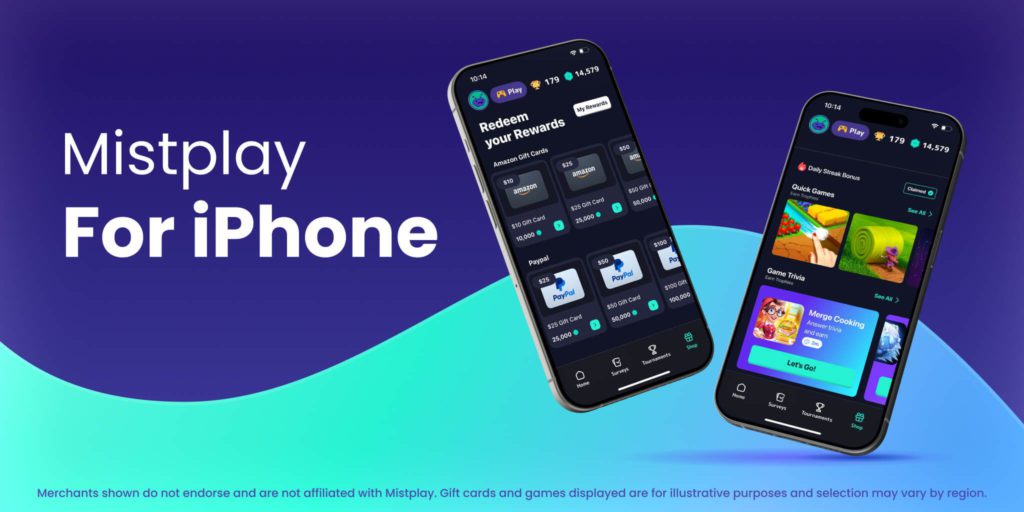
Mistplay pays you to try mobile games. Play partnered games, earn points, and redeem gift cards. It’s not big money—maybe $5-$20 monthly for casual play.
No skill required. Just download, play, collect.
Best for: Mobile gamers who’d play these games anyway and don’t mind gift cards instead of cash.
What You Need to Know Before Diving In
Turning gaming into income sounds perfect until you check the fine print.
Consistency beats talent. Most earning players treat it like work. Daily grind. Content schedules. Market research.
Tax implications exist. Crypto earnings, streaming income, prize money—it’s all taxable. The IRS doesn’t care if you earned it in virtual gold.
Scams lurk everywhere. If a game promises easy money, it’s probably harvesting your data or setting you up to lose cash on “starter packs.”
Earnings are unstable. Game economies crash. Viewer counts drop. Token values collapse. Don’t quit your day job.
Eligibility thresholds are real. Many platforms require minimum earnings before you can cash out. You might grind for months before seeing a penny.
Is It Actually Worth It?
For most people? It’s side hustle territory at best. A few hundred bucks monthly if you’re dedicated. Thousands if you’re exceptional and lucky.
The winners are usually people who’d be playing anyway and figured out how to monetize their existing hobby. If you’re starting from scratch just for money, you’ll probably burn out before seeing serious returns.
The evidence from Roblox creators, streaming data, and the Axie Infinity collapse tells the same story: the vast majority of participants earn modest amounts or nothing significant. Converting in-game currency to real money often involves thresholds, eligibility requirements, and limited official channels.
But if you’re already deep in a game’s ecosystem and know it inside out, there’s real money on the table. Just manage expectations and keep your day job until the checks clear consistently.


